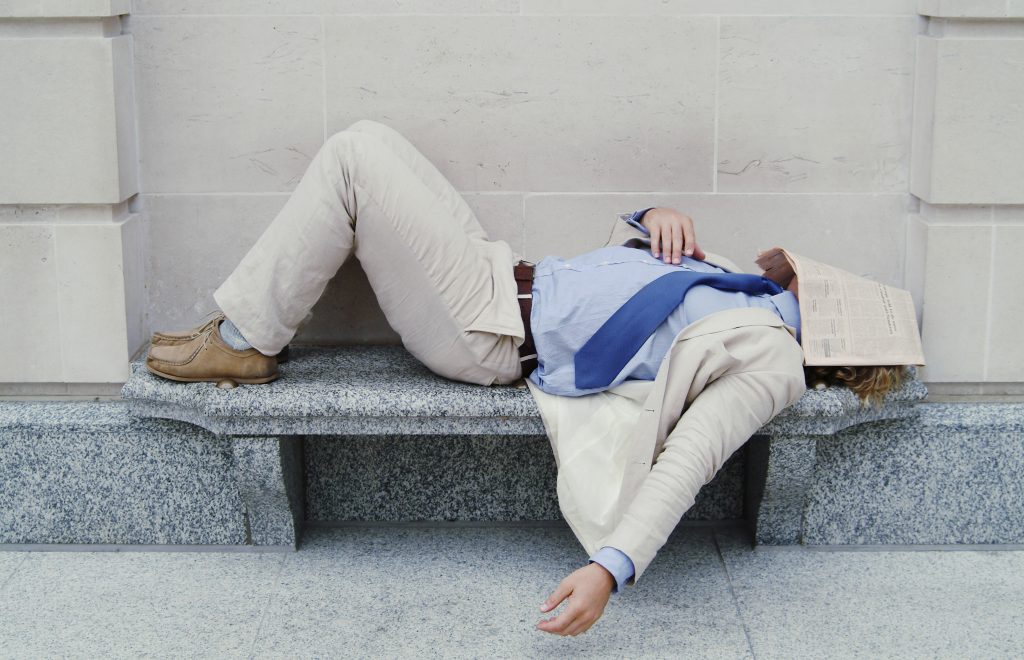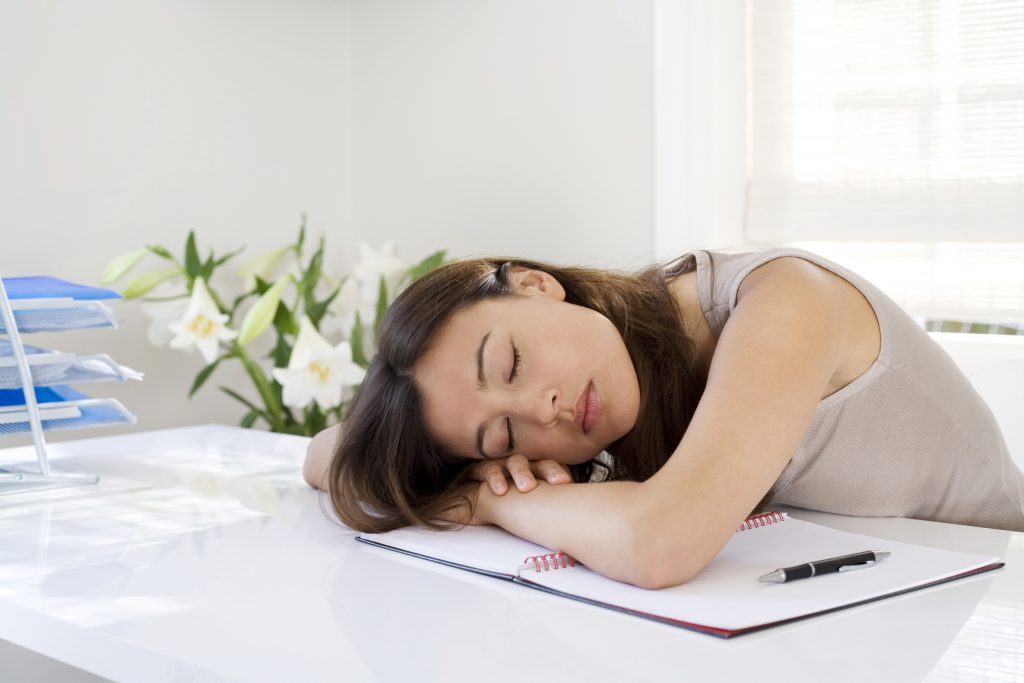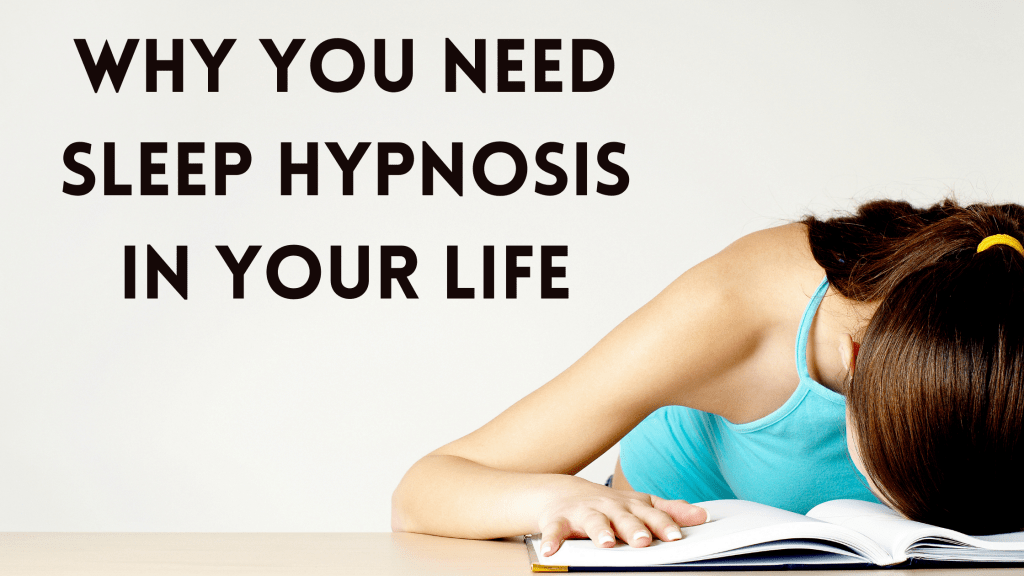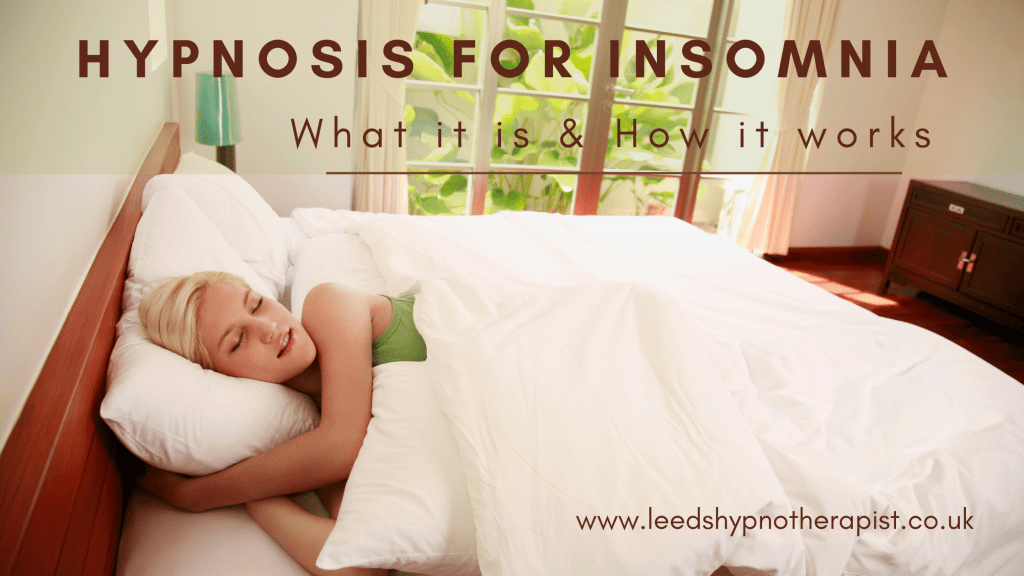Why does sleep in fact play such a key role in many of life’s everyday activities?
Sleep is the most basic function we perform to help us rest and recuperate. It’s an essential component of our ability to live, to be productive, to thrive, to handle stress and so on. We cannot function without it. So how do we get it? How do we make sure that it happens? How can we ensure that our body gets enough rest at night?
This article aims to answer those questions. It will explain what sleep is, what causes insomnia and how hypnotherapy can help with these issues. But first, we need to tackle the elephant in the room: where exactly do you get your rest at night? And how can you help ensure that your body gets enough sleep during the nighttime? And if you have insomnia, are there any ways in which hypnotherapy can help with this issue as well?
Causes of Insomnia, Sleep Disturbance and Sleep Disorders
Sleep disorders are a very frequent problem for people, especially in the western world. There are many different causes of insomnia, from environmental factors and lifestyle to psychological problems. The most common one is stress which can lead to lack of sleep or sleep deprivation. If a person is suffering from this problem, hypnosis for sleep may be able to help them get rid of the problem.

If you want to learn more about how sleep hypnosis can help you with insomnia, here are a few suggestions:
1) Start by learning how to use your senses (sight, sound and smell) when you are sleeping so that you can fall asleep faster and stay asleep longer. This will allow you to fall asleep naturally while avoiding potential side effects that would otherwise occur if you took another pill or used an electrical device.
2) You can learn new techniques for falling asleep through hypnosis that will allow you to sleep faster and stay sleeping longer without needing extra pills or using an electric device.
3) Learn new ways to use hypnosis in order for it to have an effect on your body so that it will allow for more energy during the day. This way it will allow for more concentration during the day so that it will make it easier for you to stay awake at night when necessary so that your body would be able to function better when needed.
4) Learn how hypnosis works and how it works on your nervous system so that when you need this tool, the results will be instantaneous and produce fast effects with minimal side effects on your body.
5) Get used to using various techniques such as guided imagery, visualizations and relaxation techniques since these techniques have been proven time after time as effective in helping people get relief from their problems like insomnia and other sleep disturbances caused by stress or even other mental disorders like anxiety disorders
6) Hypnosis has been proven time after time as being effective in helping people overcome mental illnesses like anxiety disorders because it helps them relax their bodies enough so that they can focus their attention on something else before they start feeling anxious again.
7) Use meditation/deep relaxation techniques combined with relaxation music/sound recordings instead of listening to an audio file (like an audio book) in order to help you calm down. They are proven time after time as effective in improving sleep quality by keeping people focused on restful sleep during the night. 8) In this modern age, we have become quite used to online forms of communication and instantaneous access to information, it can be hard to have complete anonymity when it comes to information processing and getting it done effectively. This means that not only do we need to be able to get a good night’s sleep, but we also need to be able to keep calm and otherwise maintain ourselves as a result of our very presence in today’s world.

What Therapy is Best for Insomnia?
Sleep is essential for maintaining a healthy brain and a healthy body. If you’re suffering from insomnia, this may be because you can’t get enough sleep. Sleep deprivation can lead to anxiety, headaches, irritability and forgetfulness.
If you’re like many people, finding the right therapist will be a difficult task. Your personal life, work and family commitments mean that it often isn’t possible to get enough time off to see a professional sleep therapist.
Insomnia hypnotherapy can be crucial for anyone that is having sleep problems. Whether you are having sleep disturbances through the night or even chronic insomnia, sleep hypnotherapy can be the step you need in order to have healthy sleep and restorative sleep.
Here are 5 Things That You Need to Know About Hypnotherapy:
1) It’s Not Just For Insomniacs!
Hypnotherapy is not just for people with insomnia. It can help any individual find their ideal level of well-being (and even keep it). Hypnosis has been used for hundreds of years as a tool for improving our mental health and wellbeing – but experts are now starting to recognise that we all need help in finding our ideal level of calmness and inner balance too.
2) Hypnotherapy Helps You Find The Right Therapist
If you are looking for an expert sleep therapist or hypnotherapist, there’s no doubt which one you want – hypnosis is the natural way to relax your body and mind so that you’re able to sleep soundly every night. But choosing the right therapist is just as important. You may not be able to afford private sessions but it’s still worth finding out about your local NHS services in order to get an accurate idea of who can help with your condition or cravings before spending money on one-on-one therapy sessions (which may take months to pay off). So, if you’re serious about finding an expert therapist when searching online, start by checking whether your local guidance service offers any advice on this topic.
3) The Role Of Hypnosis In Sleep Therapy Is More Difficult To Understand Than You Think
Insomnia patients often find it difficult to understand what hypnosis can do for them when they are awake (because their minds are racing with thoughts about how they should ‘doze off’ or not feel so tired). So hypnosis is a type of relaxation therapy which allows patients the opportunity to learn more about themselves – perhaps by asking questions such as: “What do I like most about my current job?” “How does this particular activity make me feel?” “How does this activity affect my mind…?” “How does this activity make me feel…?” Hypnosis work better for insomnia patients when they attain a calm, meditative state of mind in which their dreams and worries can be put to rest. 4) In Hypnosis, It’s All About The Direction That Mind And Body Are In. Hypnotherapy works by redirecting the flow of nervous energy through your body, nervous system and mind in a particular direction, and using the right words you (or your hypnosis therapist) can help you get there. Once we’re at our preferred mindset – or ‘climate’ as it’s called – things happen in our brain that helps us to relax and sleep.
5) Hypnotherapy is Not All About Healing Or Relaxation
Hypnotherapy can help with a wide range of mental health issues including depression, anxiety disorders, phobias and even drug addiction. Hypnotherapy can also help with neurological conditions like epilepsy, epilepsy treatment, cognitive-behavioural therapy, Lyme disease and Parkinson’s disease by using hypnosis to change thoughts and behaviour that gives us a false sense of security and self-confidence. This can help to stop symptoms like poor concentration, heart palpitations and poor sleep – all of which can be caused by the negative effects of certain medications.

Sleep Hypnosis and its Benefits
As mentioned earlier, one way we can treat insomnia is by using hypnosis as a tool to enhance your ability to fall asleep quickly. The hypnotist will work with you over the course of several sessions on how to enhance your ability to fall asleep quickly, using hypnosis as an aid in creating a state where you will enter another state where it’s easier for you to sleep quickly.
Once you’re able to do this successfully at least once per week without fail, then what would normally take place when you go into bed at night (i.e., getting ready for bed) will happen automatically as if you were already asleep (if only for just 15 minutes). Your mind won’t have time or motivation left over for anything else until morning!
This is an amazing technique that helps calm anxiety and allows us more time for restful sleep with minimal effort on our part! The benefits associated with this technique include: reduced stress levels (if only 15 minutes), better concentration levels (you’re more likely to learn something if in another state where learning takes less time), increased productivity levels (your brain needs 10-15 minutes each day before it starts operating); improved memory levels (the memory system itself needs some time before being able to function optimally); improved mood levels; and improved alertness levels.
This technique not only helps people who struggle with insomnia or other sleeplessness issues but also improves overall health outcomes that arise from poor sleeping habits!
How Lack of Sleep Can Cause Depression and Anxiety
Sleep is one of the most important things we do in our day-to-day lives, and yet it is a topic that receives very little coverage. Most people would agree that sleep is important, but many don’t understand why. Sleep is a fundamental part of our bodies’ circadian rhythm — the internal clock that controls daily functions such as our moods and energy levels.
Our circadian rhythm controls so much about how we feel and think: how we move, how long we sleep, and even our body temperature.
Using hypnosis for sleep helps improve both sleep quantity and quality. Sleep hypnosis does more than help you fall asleep; it also helps you get back to sleep after you wake up (more on this later). But it can also help you feel more relaxed during your rest cycle — which may affect your mood as well as your propensity to wake up early in the morning (the US military has been using hypnosis since 1987 to help soldiers get through their daily missions without having to take Adderall or Ritalin.)
Hypnosis can help anyone resolve anxiety, improve focus and learning, and even help people relieve pain caused by a wide range of medical conditions. Some people use sleep hypnosis to help improve the mood of others and reduce social anxiety. Sleep Hypnosis is used at an early age to establish self-awareness through faulty cognitive processes and “fear” induced by these processes are generally wired differently than normal, making them more prone to harm.

How Sleep Hypnosis Can Help People to Achieve a Better Quality of Sleep?
Hypnosis is a procedure used in medicine, psychology, and social sciences that involves the use of suggestion (that leads to changes in the brain) to cause physical or psychological actions of individuals. There are many different kinds of hypnosis that can be used for different purposes and for different people.
From self-hypnosis techniques for sleep problems to treating sleep disorders with a qualified hypnotherapist, hypnosis intervention effects can be realised by anyone. You may have tried clinical sleep medicine such as diazepam in the past, but sleep hypnosis can be much more effective and better sleep in the long term can be achieved.
You can use hypnosis for sleep outcomes in order to get healthy sleep at night.
How to Apply Sleep Hypnosis to Your Life
Sleep is a very powerful thing. It can take you to new places and help you get through the day. In the last few years hypnosis has been used to help with a lot of things; sleep being one of them, as I’ll show you below.
Sleep is important for many reasons. It helps keep your brain healthy and safe, as well as helping your body sleep at night (and thus wake up in the morning). Some studies have shown that people who don’t get enough sleep are more likely to die sooner than those who do. But other studies have shown that too much sleep can be dangerous. So how does hypnotherapy work? Well, it probably just works on the subconscious mind (since most people aren’t actually consciously aware of what they are doing when they are asleep) and works by helping you get more restful sleep — which can be done by changing certain behaviours or attitudes that keep us from falling asleep naturally (like taking naps during the day or staring at screens all night).
In terms of the hypnosis itself, some forms are quite simple; others are quite involved — but here we will try to make it as simple as possible for you both on a technical level in order to be able to apply it easily in your life.
Most common forms of hypnotic relaxation include:
- Hypnosis During Sleep – The most common form of hypnosis during sleep is hypnosis during restfulness (also called deep relaxation), where it’s common practice to use a voice that sounds like a mother soothing her child (i.e., an adult voice). This is known as “hypnotic voice mode” or “sleep voice mode”:
- Hypnosis During Meditation – Another form of hypnosis involves using hypnotherapy techniques while meditating in order to relax your mind and body without distracting yourself from whatever it is that you want to focus on while meditating — so this form of meditation-assisted hypnotic relaxation might work better if done after meditation rather than before bedtime:
- Hypnotic Voice Mode During Meditation – Another form of meditation-induced hypnotic relaxation involves using only the voice portion of hypnosis — this would be called “hypnotic voice mode during meditation” or “meditation-only hypnotic relaxation”.
- Self-hypnosis for better sleep – Self-hypnosis can be a great starting point to help with your sleep disorder. You can use it to help you to go into a deep sleep and sleep deeper than you are currently while you’re in bed. Self-hypnosis can be through creating your own self-hypnosis audio recordings or by taking yourself into a relaxed state and programming your subconscious mind to give you a deeper sleep.
Conclusion
Hypnosis is a form of mental health therapy that involves the use of suggestion, or subtle suggestions that are communicated into the subconscious mind through the use of learned techniques. Hypnosis can be used in a variety of ways. The most common application is in the treatment of insomnia, but it is also used in other areas such as anxiety, PTSD, and addiction.
Hypnosis has been used by scientists for over a decade to help with mental health issues like depression and anxiety as well as eating disorders. It’s also been used to treat sleep disorders such as insomnia and narcolepsy. One study even showed that hypnosis helped people to identify more clearly how their brain worked for them when sleep-deprived than when they were not.
If you are having sleep issues or insomnia, you can call The Leeds Hypnotherapist directly on 0113 460 1204.



